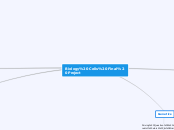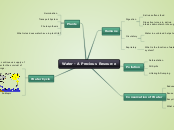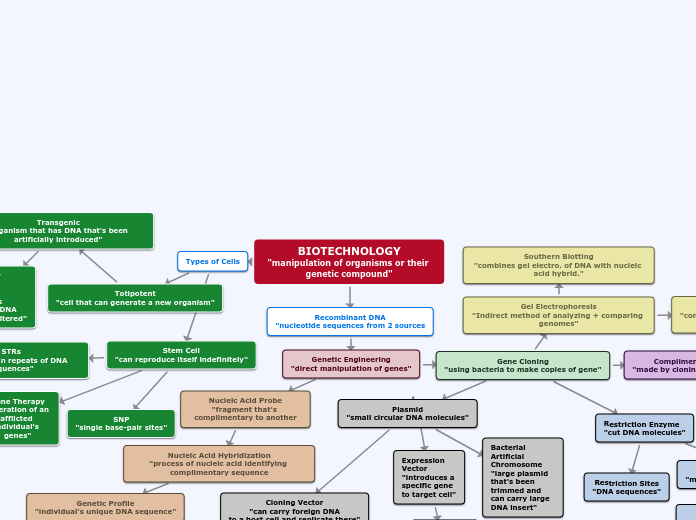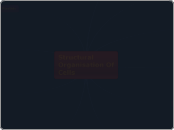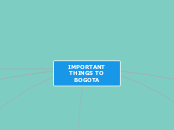This picture shows the similarities and differences between a human and ostrich digestive system.
This picture lists the twelve organ systems.
This picture shows the uses of STEM cells.
Original Picture
This picture shows the four types of tissue and their functions.
This picture shows were bone marrow is located.
This picture demonstrates how gene flow works.
This picture shows how to FOIL a dihybrid cross.
This picture shows an example of a punnett square.
This picture shows a basic pedigree.
Original Picture
This picture lists how a
pedigree is labeled.
This picture lists the difference between
plant and animal cells.
This picture show how an egg's
cell membrane can change.
This picture shows what mitosis
looks like in an onion cell.
This picture shows how
active transport works.
Original Picture
This picture shows how passive
transport works.
This picture demonstrates how the
cellular respiration process works.
This pictures shows what the four
macromolecules and different uses
of them.
This picture shows what DNA looks like
and what it is made up of.
This picture shows what is needed
for photosynthesis and how it works.
Original Picture
This picture shows of the
six essential elements
appear in the human body.
Biology Cells Final Project
Tissues, Organs, and Organ Systems
Driving Question: How do cells work together?
Subtopic
Pages: 59, 60, 62, 63, 64, 66, 67, 68, 70
Crash Course
A body is like a building, it has
plumbing, heating, cooling, and
electricity. All these systems
work together to make the
building work. If any of those
systems break down, the whole
building is compromised.
plumbing, heating, cooling, and
electricity. All these systems
work together to make the
building work. If any of those
systems break down, the whole
building is compromised.
Cells work together by bonding with
similar cells to create tissues. Cells
that bond with different cells create
organs.
The primary types of tissue are
muscle, epithelial, connective,
and nervous tissue. All of these
tissues are found in every organ
system. These types of muscles
allow our bodies to function
properly. The main function of
muscle tissue is to contract. The
main function of epithelial tissue
is to cover the body surface and
line internal cavities. Support and
connection are the main functions
of connective tissue and the main
functions for nervous tissue are
to receive stimuli and conduct
impulses. All four of these tissues
work together to protect to our
bodies from the outside world.
Organ systems work together to maintain
our body and keep it in a stable state. I
am going to give an example of how some
organ systems work together. The digestive
system absorbs water and nutrients from
food. The circulatory system carries oxygen,
water, and nutrients to cells throughout
the body. The waste then is eliminated by the
respiratory and excretory systems which are
controlled by the nervous system.
Genetics
Driving Question: How can you predict which
traits offspring will inherit?
Pages: 34, 44, 45, 46, 51, 53
Crash Course
Sex, Disease, and Extinction
In an article I read, it said that copying
mistakes account for nearly 2/3 of the
mutations that cause cancer. For example,
95% of cancer-causing mutations in brain
or bone cancer are caused by copying errors.
People who take all the correct steps to
avoid cancer can still be diagnosed with it.
Copy errors are undervalued because
most people don't know about them.
You can predict which traits offspring will
inherit by using punnet squares, pedigrees,
and dihybrid crosses.
Mutations, gene flow, and sexual selection
all cause variability within genetic code. When
a mutation occurs, it a new allele due to
mistakes in DNA. Gene flow occurs when animals
mix with new genetically different populations.
Sexual selection creates alleles for more sexually
attractive organisms.
A phenotype can be predicted by using
punnet squares, pedigrees, and
understanding alleles. A dominant allele
masks or suppresses other alleles. A
recessive allele gets masked or suppressed
by other alleles. Homozygous means that
both alleles are the same and heterozygous
means that the alleles are different.
Cells
Driving Question: What makes a cell?
Pages: 23, 24, 26, 28, 29, 30, 32, 38, 39
Crash Course
If I were a particle, I would have two main
ways to travel around. These two types of
transport are called passive and active
transport. When I go through passive
transport, I go from a higher concentration
to a lower one and require no energy. When
I go through active transport, I go from the
low concentration to the medium and this
transport requires ATP.
A cell is made of multiple organelles that
perform different jobs within the cell.
Cells obtain and use materials through
membranes and transport. The main
types of transport are active and passive
transport. Passive transport does not require
energy whereas active transport does. For
the sodium-potassium pump to work it needs
ATP. When the pump has ATP, it will extrude
three sodium ions and import two potassium
ions.
The structure of a cell can consist a
cell membrane, cytoplasm, ribosome,
and cell wall. The cell membrane
separates the cell from the outside
environment. Cytoplasm is the "stuff"
inside the cell that is always flowing.
The cell wall protects the cell and
provides support for the cell.
Atoms to Molecules
Driving Question: How do atoms combine to make life?
Images
Resources
Pages: 7, 8, 9, 13, 14, 16
Percentages of Elements
DNA Presentation
Crash Course
Connection
If I were a plant, I'd be an iris. The way I
would eat would be through photosynthesis.
For this process to work I need sunlight,
water, and carbon dioxide. Photosynthesis
occurs in the chloroplast. After I receive all
the necessary products for photosynthesis,
I will produce oxygen and glucose in which
humans use.
Claim
Atoms to combine to make life by
using the six essential elements.
DNA is the genetic code that determines
all characteristics of a living thing. In the
1900's, Thomas Hunt discovered genetics.
In the 1950's, Hershey and Chase discovered
genetic material. DNA is a strong, flexible double
helix.
CHNOPS are the combinations of
elements that are important to
make life. The six elements apart
of CHNOPS create the four
macromolecules, carbohydrates,
lipids, proteins, and nucleic acids.
Oxygen is an element important we
breath and it bonds well. Phosphorus is
important as well because it creates
our DNA.
